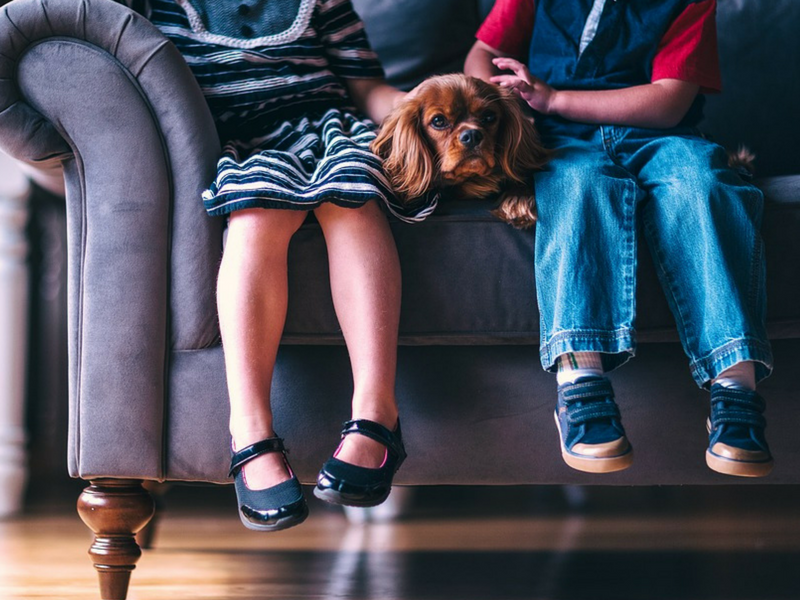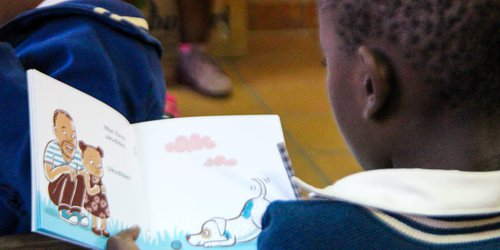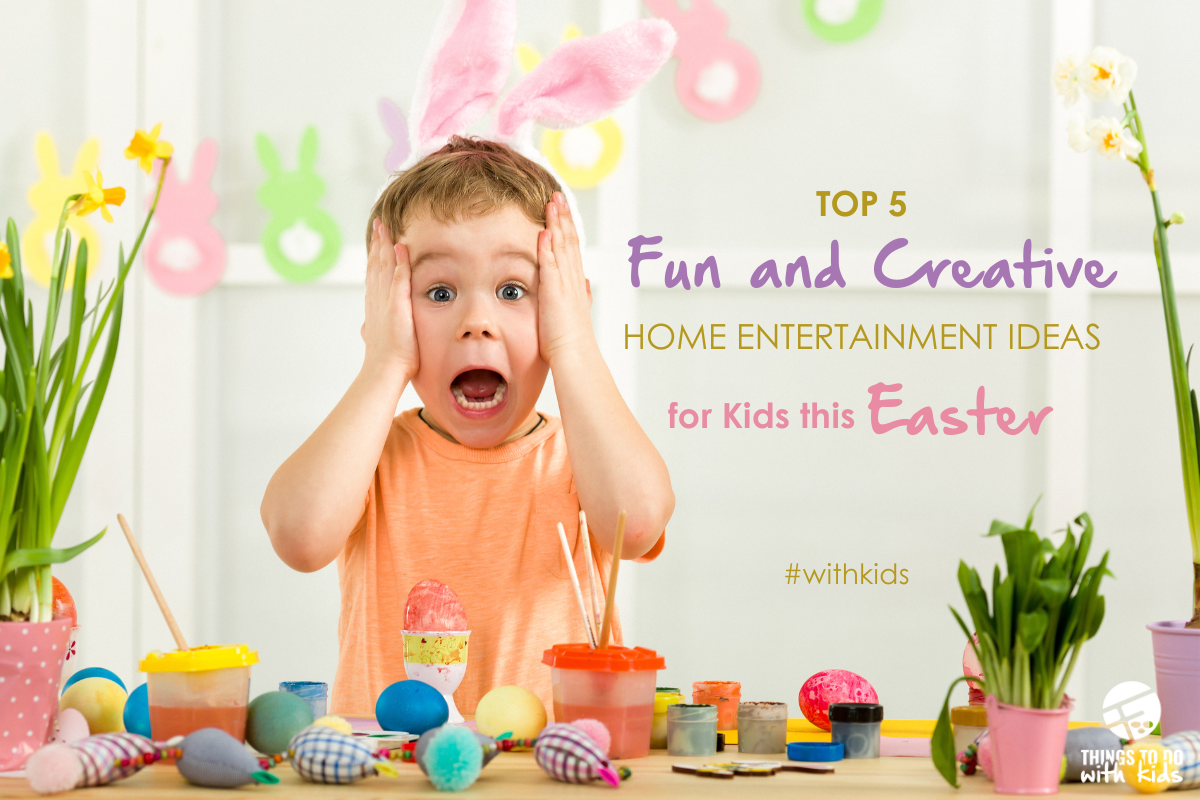Having Family Fun with Children with Behavioural problems
Having family fun with children with behaviour problems
By Maré Smit
We all love time with our loved ones. A lot of us actively seek fun time with our family and friends, but handling behaviour problems can be tough, totally “fun-down-the-drain” for everybody, and exhausting for some.
Let’s consider two topics regarding behavioural problems: what to do if your child (almost) always shows behaviour problems in a social setting, and what realistic expectations for your child’s behaviour are.
Your child almost always shows problem behaviour while you are trying to have quality time as a family or in a social setting like children’s parties, at school, picnics and church, or on play dates. What should you do?
Typical Behaviour Problems
As you may well know, behaviour problems in children can range from the obvious
- hitting
- pushing
- yelling
- fighting with peers
- difficulty changing from one activity to another
- sleeping problems
- excessive energy levels
- being unable to sit still and focus
- refusal to partake in normal childhood experiences or play
- picky eaters
- frequent tantrums
- extreme sensitivities and excessive fears
to the less obvious
- Hiding/avoiding, rather than participating
- ignoring requests
- bored easily / clowning around
- Crying/whining
- just staring off into space.
We are often quick to say the child “lacks discipline” or “is spoiled”. Behaviour is not just the result of spoiling a child, poor speech development, bad parenting, lack of discipline, neglect, ADHD, a learning disability, conduct disorder, anxiety, depression, shyness, a need for attention or power, revenge, etc. Most often there is much more to it since that which explains bad behaviour in one child does not explain it in another. Parents are quick to offer advice, but what works for one child, might not work for another.
At least consider that some behaviour problems in children are directly related, and in proportion to the way a child’s neurological system takes in, organises and makes sense of the input it is receiving. If this process is not working well, we see dysfunction in the form of "behaviour problems" due to sensory processing disorder (SPD).
How SPD works:
Everything we sense (see, feel, hear, smell) is taken in by our neurological system together with how our bodies perceive movement in space, and through our muscles and joints. Your child (or your friend’s child) may be hypersensitive in one area and hyposensitive in another. If the child’s neurological system has trouble organising this input and as a result can’t make sense of it all, it triggers their fight/ flight/ fright system which in turn may result in perceived behaviour problems.
It is the intensity, frequency, and duration of the stimuli that will indicate which areas are affected, and the severity of their sensory processing disorder.
If your child suffers from sensory processing disorder, it may be a good idea to visit your local occupational therapist with a special interest in children's sensory processing disorder and sensory integration. Your therapist can assist by highlighting your child’s unique triggers and giving you pointers on how to manage them.
Have realistic expectations for your child’s behaviour
We all want well-behaved, happy children, but reality is that they still need consistent education, modelling, demonstration, instruction and assessment. We need to be proactive about this. For example, a toddler of two years old still needs prompting to ask a friend for a toy/turn/piece of food. Rather give positive praise for responding to a prompt, than disciplining your child for not doing as they were taught (yesterday!).
Children do struggle to share. You can make it easier by only having toys at hand that they are willing to share and pack away special toys before friends come over to play.
Also, ask these questions when planning an outing with your child:
Who is this activity for?
How is your child’s need for freedom, movement and learning impacted?
How does the activity affect your child’s need for power/feeling in control, or safety?
What words and body language will you use to meet his need for love or understanding at this outing?
A family day out is so much more fun if everybody seems to enjoy the activities equally. And often, the joy is also in sitting and watching how our children are having fun, giggling, jumping for joy, showing surprise and being entertained by a friend, or being intrigued by a passing butterfly.
So, before you plan your outing, consider what you know about your child and just put yourself in their shoes for that moment.
Maré Smit is an Occupational Therapist at Et Al Therapy and Learning Centre. Visit www.etal.org.za for more information on workshops for teachers and parents, or mail workshop enquiries to maretraining@gmail.com.










